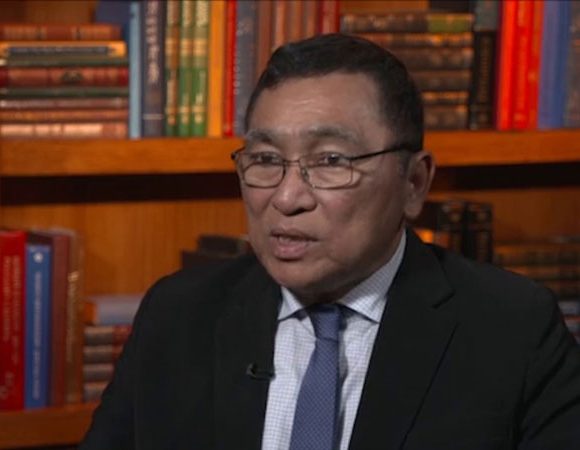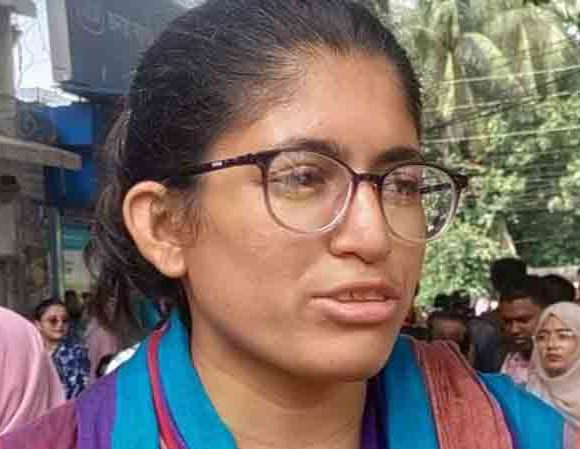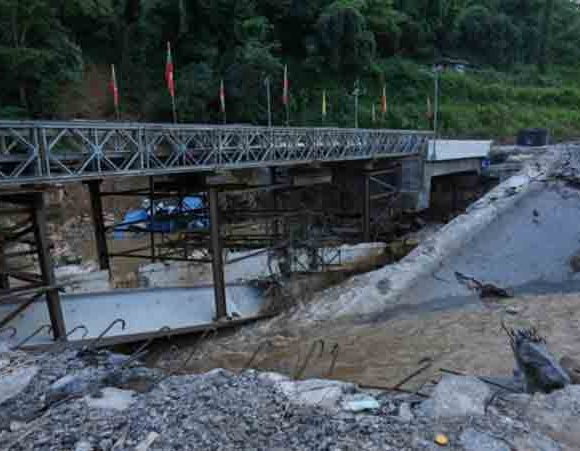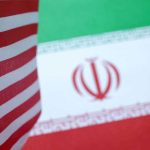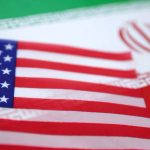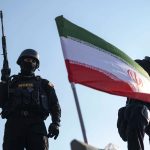Rohingyas want to return home with dignity, says Repatriation Commissioner

COX’S BAZAR CORRESPONDENT
Rohingya refugees marked 25 August as Genocide Day, recalling the violence that forced them to flee Myanmar in 2017.
Mohammad Mizanur Rahman, Commissioner of the Refugee Relief and Repatriation Office, said the day should not be seen as the anniversary of their arrival in Bangladesh but as the eighth anniversary of genocide.
“They have observed this day as Genocide Day in past years as well,” Rahman said. “Through this they want to draw the attention of the international community to the indiscriminate killings carried out by Myanmar’s junta forces and their collaborators. They want justice, and they want a quick settlement of the Rohingya genocide case currently underway in the international court.”
Rahman added, “They want to return to their country with dignity. They no longer want to live this unbearable life in the camps. After eight years of the influx, those of us working here—government and non-government officials, NGOs and INGOs—have become exhausted. Donor agencies are also fatigued due to global crises.”
On 25 August 2017, hundreds of thousands of Rohingya Muslims fled to Bangladesh, crossing the border into Ukhiya and Teknaf in Cox’s Bazar, after killings and persecution by the Myanmar military.
Today, more than 1.3 million Rohingyas live in 33 camps in Cox’s Bazar. Officials say not a single refugee has returned to Myanmar since 2017. Instead, new arrivals have continued.
A three-day international conference is underway in Cox’s Bazar with representatives from 40 countries and Rohingya refugees, seeking a sustainable solution to the crisis. Chief Adviser Dr Muhammad Yunus addressed the event on Sunday.
Rohingya participants said they want to return to Myanmar with both dignity and security. Many said they saw “a ray of hope” in the remarks of Dr Yunus.
Local residents, however, warned that delays in repatriation are placing a growing burden on host communities. They cautioned that if the issue is not resolved quickly, tensions between Rohingyas and locals could escalate.
Rohingya leader Master Zubair said, “We want to return to our country Myanmar through international assistance, with security and the fulfilment of our conditions.”

